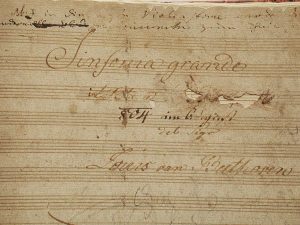BOOM
note: this cannon makes music AND war.
Blogging: some days the words flow from a never-ending stream of genius and awesomeness; other days, I end up blankly staring at my screen, watching the worst of YouTube, desperately looking for inspiration. (the same thing can happen when it comes to music composition, by the way!) When I’m stuck, the first thing I do is search for historical events that happened on the day of the post. So what happened on June 30? The Tunguska Event – and no, I had never heard of this until today’s web search.
Basically, the Tunguska Event was a meteor that struck the middle of Siberia in 1908 and caused a massive explosion that leveled 2,000 sq. km of forest (and caused no known human casualties***).
.. a big BOOM … in Russia … eureka! I’ve got it! I’m a genius!
Tchaikovsky‘s 1812 Overture is the most famous musical BOOM. It was written in 1882 to celebrate Russia’s victory over Napoleon in 1812. As far as the music is concerned, it’s not the most amazing piece ever written; I’d venture to say that it’s one of Tchaikovsky’s tackier contributions to the Art Music canon (pun intended). I’m not saying it’s bad, but compared to his 6th symphony or to his opera Eugene Onegin, the 1812 Overture is a hodge-podge collage of nationalistic sentimentality, including some ridiculously long, melodic sequences (like the one that starts at 0:52 and ends at 1:39 – yes, 45 seconds of descending tetrachords …), and, of course, cannons!
This is why I’m posting just the finale, not the whole piece. You can listen to the whole thing if you want, but trust me, it’ll just be a long wait until the cannons come out. Here’s what you’re hearing:
- 0:03 La Marseillaise, the French National anthem, representing Napoleon of course
- 0:40 the first of the cannons!
- 1:39 A Russian Orthodox Hymn (O Lord, Save Thy People)
- 1:45 Church Bells celebrating the Russian victory
- 3:14 God Save the Tsar, the Russian National anthem at the time (spoiler alert – God doesn’t save the Tsar)
*** if it did cause any human casualties … what a totally metal way to die!


Recent Comments